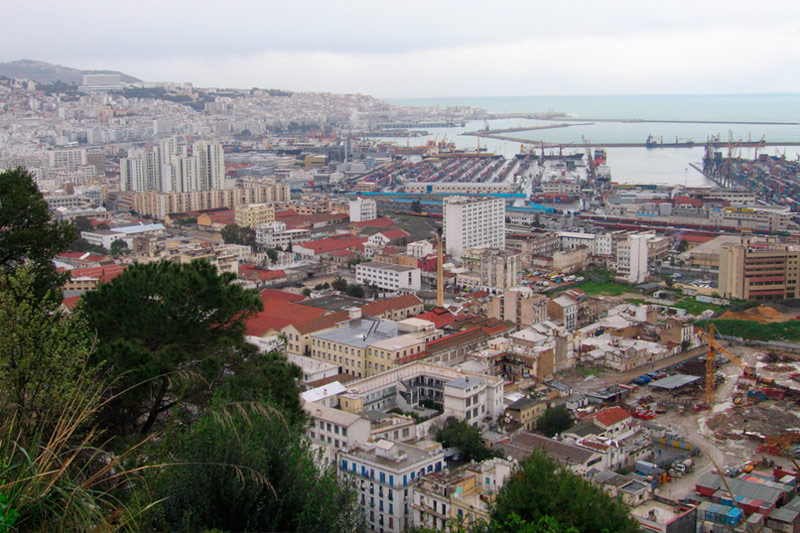By Hamid Ould Ahmed
ALGIERS (Reuters) - Algeria will launch a domestic debt issue in about a week as it seeks to diversify financing sources after the sharp drop in crude oil prices caused a fall in its energy earnings, government sources said on Sunday.
The debt, with a maturity of 3 to 5 years, will carry an interest rate of 5.0 to 5.75 percent but no limit has yet been set on the size of the issue, the sources said.
The OPEC member, which relies on oil and gas for 60 percent of its budget, has already started to cut back some state-subsidised energy services, reduced its 2015 and 2016 public spending and frozen some infrastructure projects.
Government officials have repeatedly stressed the need for alternatives to cope with budget deficits and pay for an import bill after its foreign exchange reserves fell by $35 billion to $143 billion in 2015 while energy earnings dropped 40.8 percent from the previous year.
The government announced the debt issue last month but gave no details.
"The issue will have no sum limit. It will be open," one government source said. "It is intended for investment in all sectors that may create wealth and revive production."
The debt will be launched with an interest rate of 5-5.75 percent, depending on maturity, which itself will range from three to five years, a second source said.
Each bond will valued at 50,000 dinars ($462) and individuals and firms can register at post offices, bank agencies and central bank branches.
Analysts say the debt issue will partially help the government tackle financial problems stemming from the oil price slide but bureaucracy may be a big obstacle.
"I think they (the authorities) will get a good amount from the parallel market to finance investment, but this operation is not easy because of the banking system which still is not able to develop," said Abdelmalek Serrai, a former presidential adviser who runs the Algerian International Consult advisory.
"It is a good step to open up further to private sector."
The debt issue one part of measures taken since Algeria started feeling the impact of the fall in energy revenues.
Under a fiscal amnesty offered by government at the start of this year, Algerians have until December 2016 to deposit with banks income from undeclared businesses and pay a 7 percent fee or face punishment.
"The amnesty has failed to attract money from the parallel market because 7 percent is too high," Serrai said.
